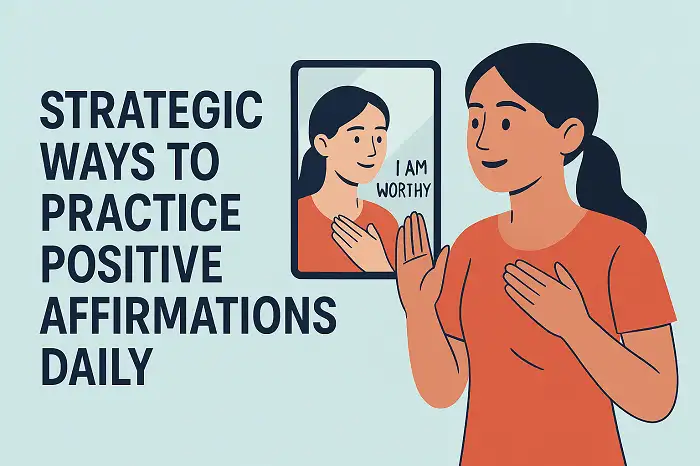Overcome negative thoughts Overcome negative thoughts - practice listening with a podcast and reading with selected passages on stopping negativity - Learn English to Live Better series on LELB Society https://www.youtube.com/watch?v=UAwcCjCzPks Physically Throw Them Away It may sound crazy, but clearing your head of a nagging thought could be as easy as writing it down on a piece of paper—and tossing it in the trash, according to a 2012 Ohio State University study. People who wrote down negative things about their bodies and then threw them away had a more positive self image a few minutes later, compared to those ...
Home » Reading Practice in English » Overcome Negative Thoughts – Learn English to Live Better

Overcome Negative Thoughts – Learn English to Live Better
Updated: by Dr. Mohammad Hossein Hariri Asl
Time to Read: 4 minutes | 368 Views | 1 Comment on Overcome Negative Thoughts – Learn English to Live Better
Share This Post
About the Author
Dr. Mohammad Hossein Hariri Asl is an English and Persian instructor, educator, researcher, inventor, published author, blogger, SEO expert, website developer, entrepreneur, and the creator of LELB Society. He's got a PhD in TEFL (Teaching English as a Foreign Language).
Number of Posts: 4243



Please kindly answer this question before the class:
How do you compare and contrast “learning vocabulary in context with illustrated flashcards” and “learning vocabulary through translation from English into your mother tongue or vice versa”?